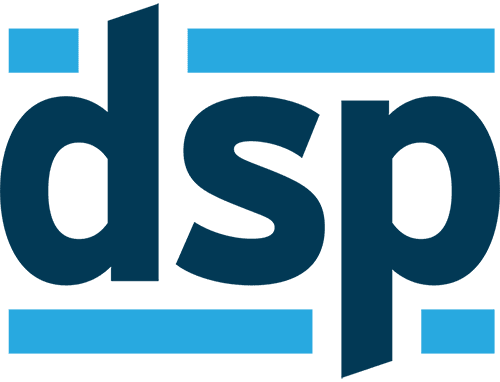
With bonded work on the horizon for a new or growing company, owners may be wondering how they can get started and what programs are available for these initial bond needs, especially regarding surety bonds for contractors.
The surety industry has programs in place to assist new contractors in obtaining their initial bonds and improving their overall capacity. Many surety companies have programs tailored specifically to these contractors where the program is underwritten based on credit, and the sureties can provide a strategic plan to allow that contractor to grow into traditional programs that require CPA-prepared financial statements and supporting levels of working capital and equity in the business.
When an opportunity might exceed some of these initial program limits, there are other options that can offer higher levels of capacity to the contractor. The U.S. Small Business Administration’s (SBA) Surety Bond Guarantee (SBG) program has supported emerging contractors that have the proper technical expertise but may lack in the measures of capital and liquidity that traditional program underwriting heavily consider. This is where surety bonds for contractors become essential.
Why would the SBA’s SBG program provide more capacity? The SBA guarantees a portion of the bond in the event there is a default, thus allowing the surety carrier to offer more capacity and the emerging contractor access to opportunities they may not have qualified for on their own.
There are some initial qualifications to consider for accessing the SBG program. The contract must qualify as a small business according to the SBA’s size standards, not exceed $9 million for a non-federal contract or $14 million for a federal contract, and pass underwriting by the surety.
If you believe you qualify, you will want to first reach out to a bond producer that will connect you to the proper surety company that participates in the program and help walk through the SBA’s SBG process. There are two parts to the SBG program: the Prior Approval Program (Plan A) and Preferred Surety Bond (Plan B). The differences between the two programs essentially come down to whether the SBA has to provide approval of a bond or if the surety company can issue the bond directly. The SBG program does come at an additional cost, requiring businesses to pay .6% of the contract price, but it makes surety bonds for contractors more accessible.
The SBA SBG program is an invaluable resource for contractors looking to take their business to the next level. By taking advantage of this program, contractors can secure the necessary bonds to compete for larger and more lucrative projects, all while building a foundation for long-term success in the construction industry. Utilizing surety bonds for contractors is a strategic move towards growth.



